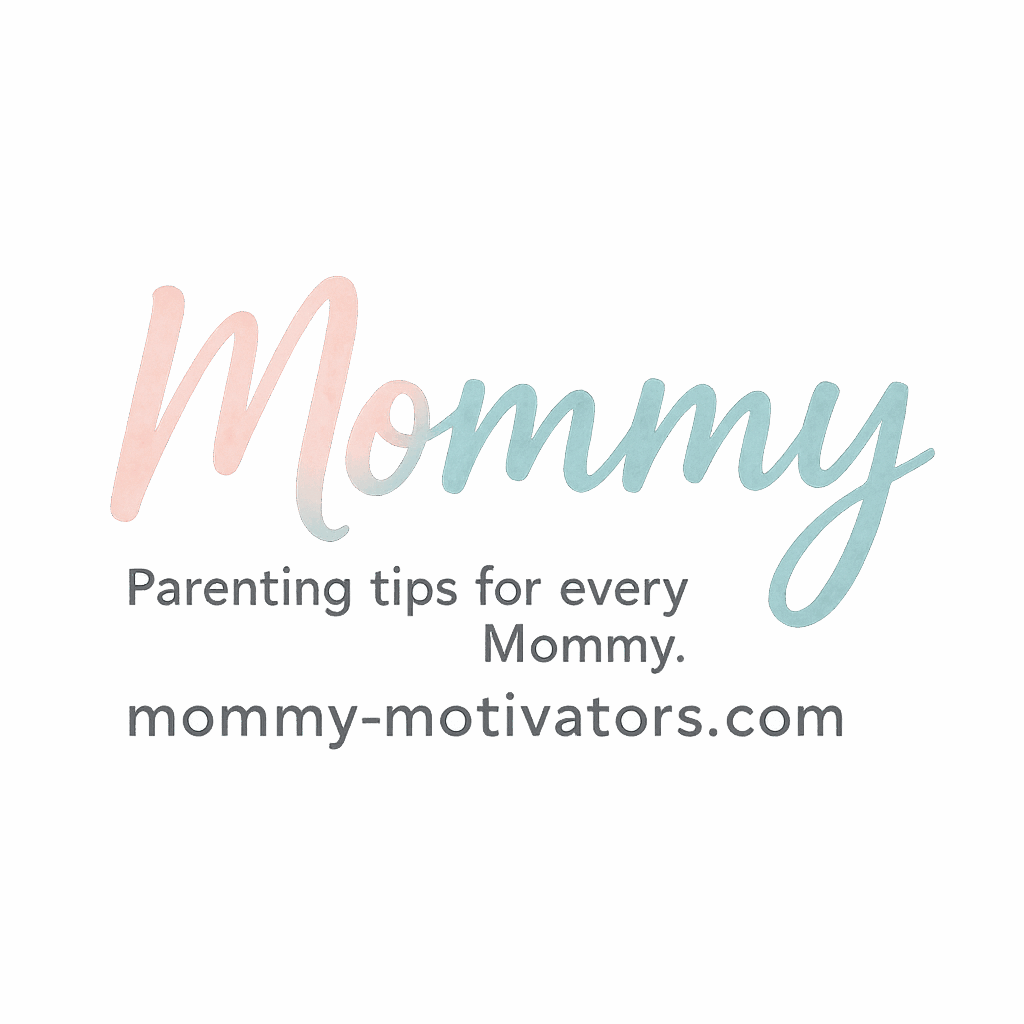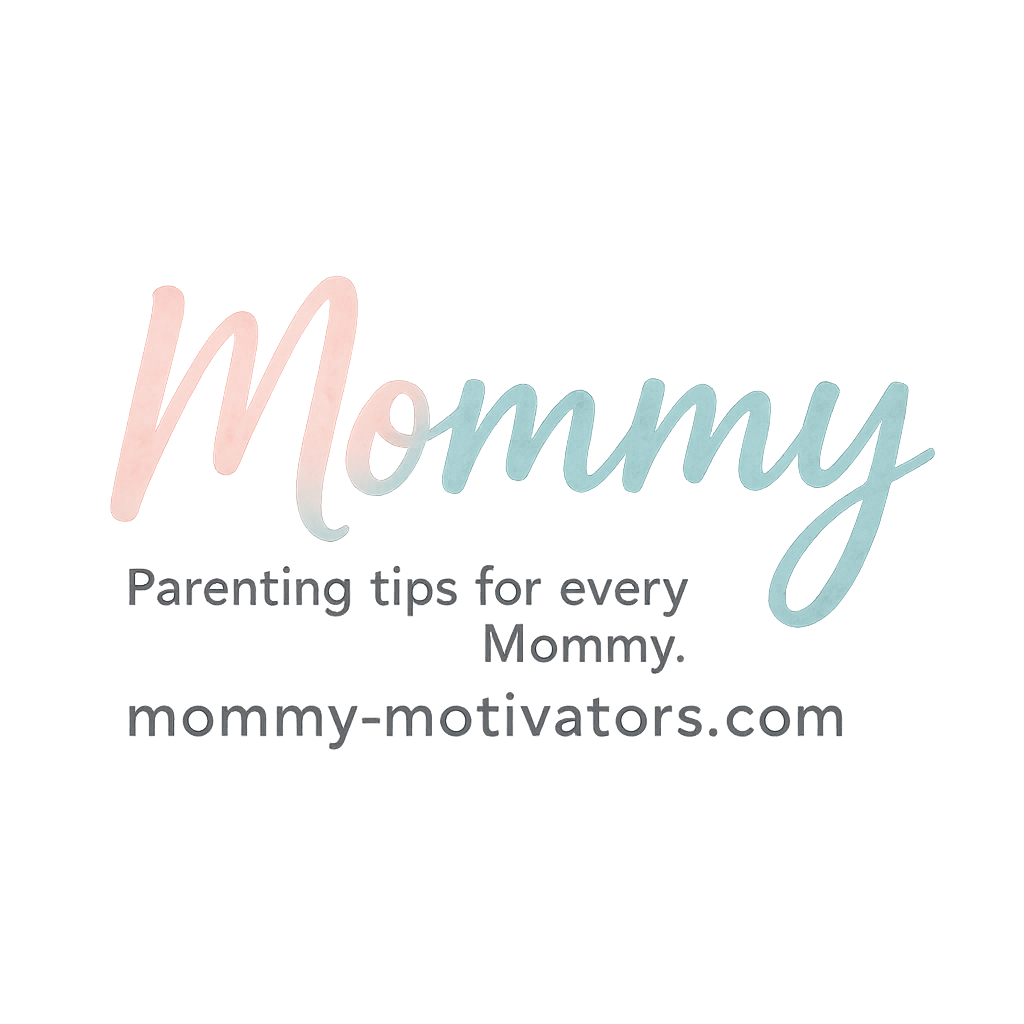Introduction: Nobody’s Perfect—And That’s Okay
Let’s be real—being a mommy is tough. It’s a beautiful chaos of kisses, spilled juice, bedtime battles, and heart-melting hugs. But no matter how much we love our kids, we’re bound to make mistakes, especially when it comes to discipline.
Discipline isn’t just about “correcting” your child. It’s about teaching, guiding, and nurturing. And even the most well-intentioned moms fall into discipline traps without realizing it.
So if you’ve ever yelled, felt guilty after punishing, or thrown up your hands in defeat—you are not alone. This article isn’t here to shame; it’s here to shine a light and help you grow. Let’s dive into the six most common discipline mistakes even the best mommy can make—and how to fix them.
(And if you’re looking for practical tips to build better habits, check out our Daily Routines & Habits section.)

Mistake #1: Yelling Instead of Connecting
Why Yelling Feels Like the Only Option
You’ve asked them to pick up their toys for the fourth time. The baby’s crying, dinner’s burning, and suddenly—you snap. We’ve all been there.
Yelling often feels like the only way to be heard. But it usually comes from overwhelm, not a parenting strategy.
Long-Term Effects of Frequent Yelling
Yelling might stop the behavior in the moment, but over time it can erode your connection with your child. Kids may start tuning out, feeling anxious, or copying your outbursts.
Better Alternatives for Mommy to Try
Instead of yelling:
- Take a breath before responding.
- Use a calm but firm tone.
- Get down to their eye level and make eye contact.
- Say what you want them to do, not just what to stop.
You’ll feel more in control—and your kids will listen better.
More strategies are available on our Discipline & Behavior Tips page.
Mistake #2: Being Inconsistent with Rules
The Problem with Inconsistency
One day “no screen time before homework” is the rule. The next day? You let it slide. Sound familiar?
Inconsistency confuses kids and leads to more testing of boundaries.
Creating Clear and Steady Boundaries
Be firm and loving. Once you set a rule, stick with it. Explain the “why” behind it and reinforce it regularly.
Helpful tip: Write rules down as a family. Visuals help kids remember.
Need help building habits? Visit Daily Routines & Habits.
Mistake #3: Punishing Without Teaching
What Is Discipline Really For?
Punishment says, “You were bad.” Discipline says, “Here’s how to do better.”
The goal isn’t just to stop bad behavior—it’s to help your child understand and grow.
Turning Mistakes into Learning Moments
Instead of time-outs as punishment, try “time-ins” to calm down together. Then:
- Talk about what happened
- Ask what they could do differently
- Role-play the right behavior
Check out more guidance in our Learning & Development Advice.
Mistake #4: Ignoring Emotional Needs During Discipline
Emotional Intelligence Matters
Kids don’t always know why they’re acting out. Sometimes they’re tired, hungry, or overwhelmed by big emotions.
Ignoring these cues can make discipline feel harsh instead of helpful.
Discipline with Empathy: A Game Changer
Start by naming their feelings: “You’re feeling mad because your toy broke.” Then set the limit: “But it’s not okay to throw it.”
This builds trust, emotional vocabulary, and better behavior over time.
Explore more at Mommy Self-Care & Mental Health.
Mistake #5: Expecting Too Much, Too Soon
Understanding Age-Appropriate Expectations
Expecting a toddler to sit still for an hour? Not gonna happen. Sometimes, we assume our kids should know better, but they’re still learning.
Look at the behavior through a developmental lens. Then respond accordingly.
Visit New Mommy Basics for more guidance on age-appropriate expectations.
Focus on Progress, Not Perfection
Celebrate small wins. Don’t expect flawless behavior overnight. Growth takes time—and so does parenting confidence.
Mistake #6: Forgetting to Model the Right Behavior
Kids Mirror What They See
Your child is watching your every move. If you lose your temper, they learn to do the same.
Practicing What You Preach
Want your child to be respectful? Stay respectful when correcting them. Want honesty? Be open about your own mistakes.
Children absorb your behavior more than your words.
Learn more through our tagged resources on responsibility and behavior.
Wrapping It All Up: Progress Over Perfection
Discipline doesn’t come with a manual. You’re going to mess up—and that’s okay. The key is reflecting, adjusting, and doing better next time.
By avoiding these six common mistakes, you’re not just correcting behavior—you’re building a lifelong connection with your child.
Don’t forget: It’s not about being a perfect mommy. It’s about being a growing one.
Explore more uplifting resources at Mommy Motivators.
FAQs
Why do moms yell even when they don’t want to?
Because yelling can feel like the fastest way to get attention in chaos. It often stems from stress or feeling unheard. The key is learning better tools to manage the chaos calmly.
How can I be more consistent with my kids?
Start small. Pick 2-3 rules to stick with, explain them clearly, and follow through every time. Visual reminders and routines help, too.
What’s the difference between discipline and punishment?
Discipline teaches; punishment penalizes. Discipline focuses on learning and growth, while punishment often focuses only on consequences.
Can I discipline without being “mean”?
Absolutely. Firm doesn’t mean harsh. Set clear boundaries with empathy and respect.
What do I do when my child doesn’t listen at all?
Check your delivery—are you calm, clear, and connected? Also, make sure the expectations match their developmental stage.
How do I stay calm when I’m frustrated?
Pause. Breathe. Walk away if needed. Remind yourself your reaction teaches just as much as your words.
What if I already made these mistakes? Can I fix it?
Yes! It’s never too late to repair and reconnect. Apologize, change your approach, and keep moving forward.


